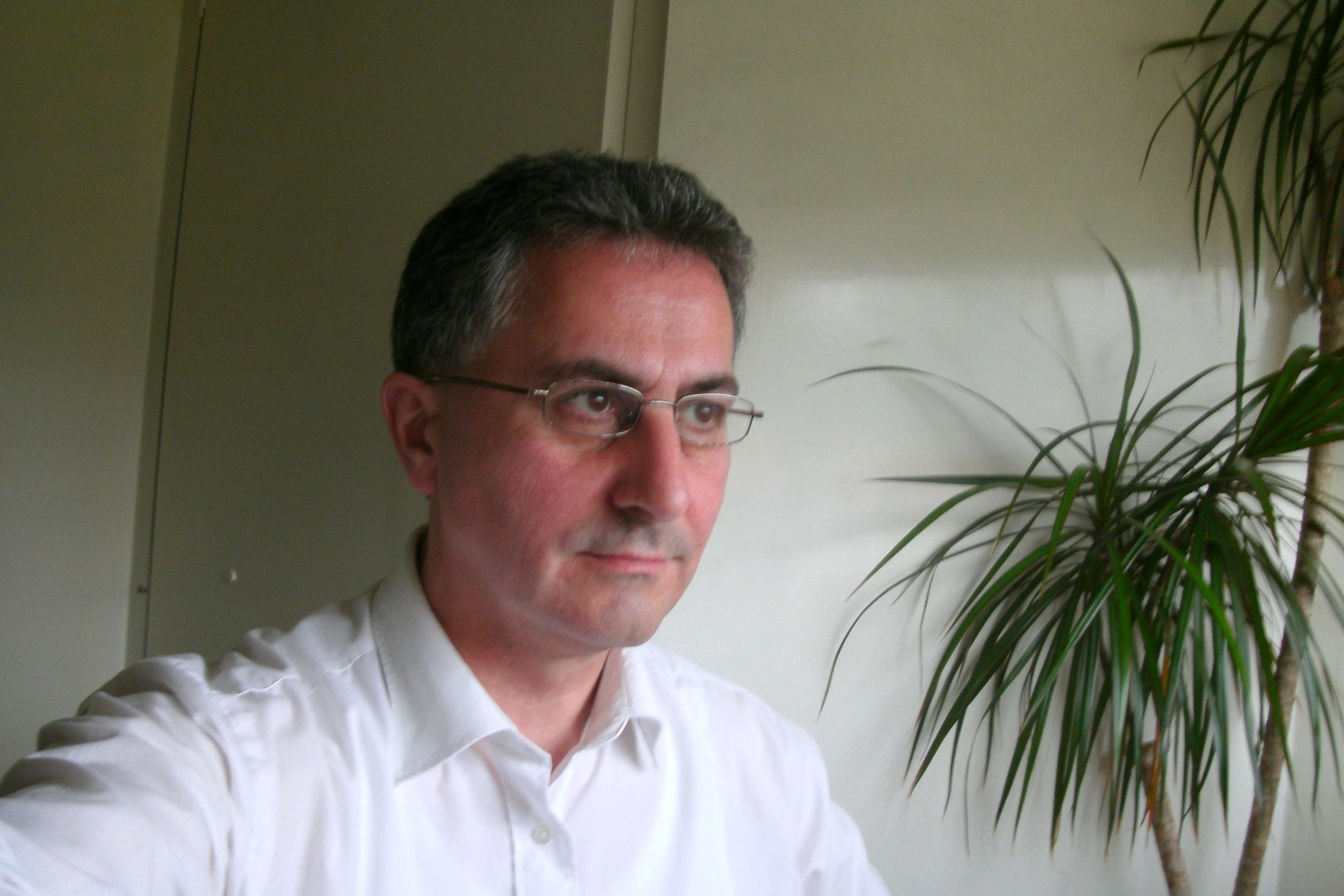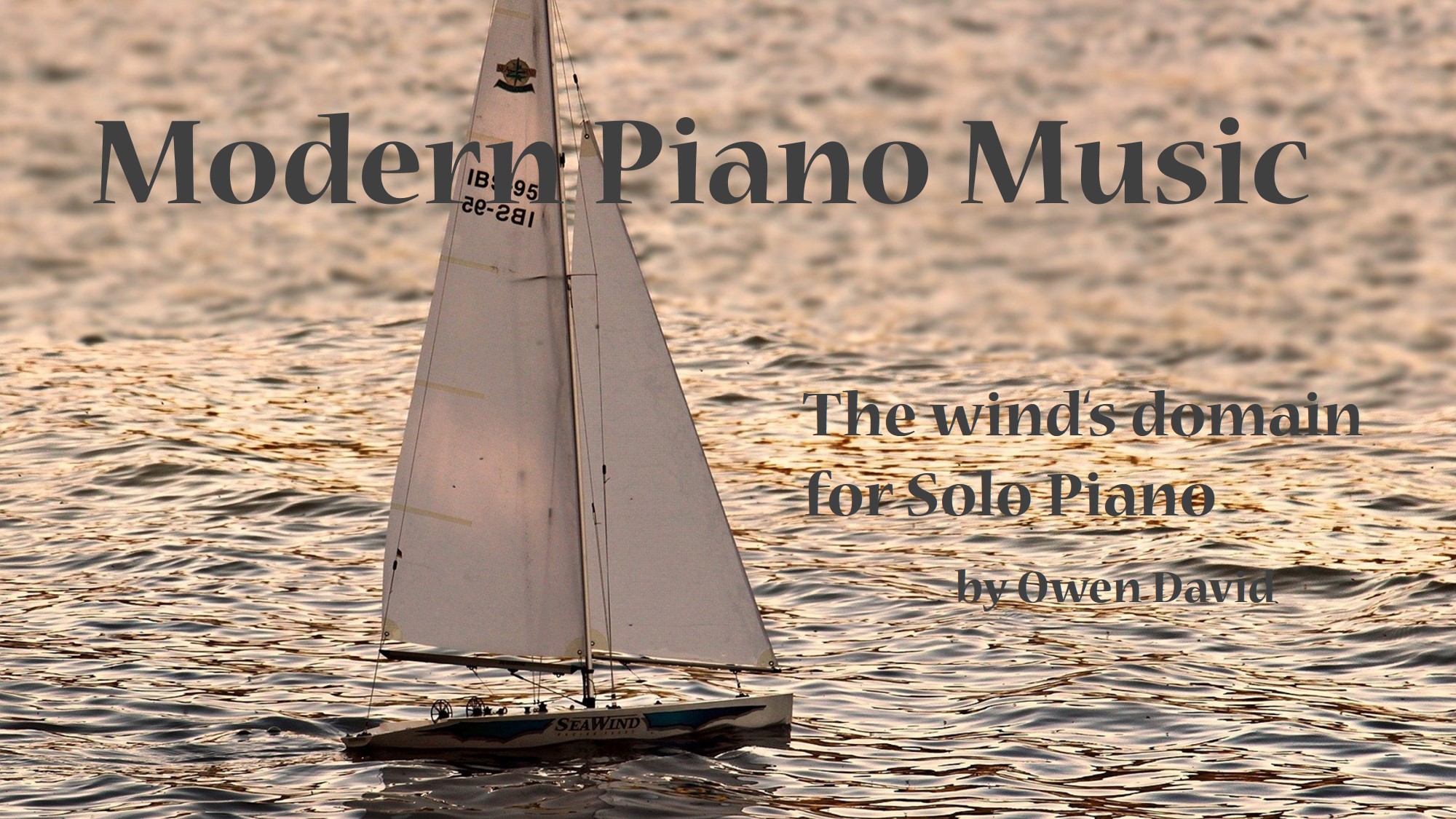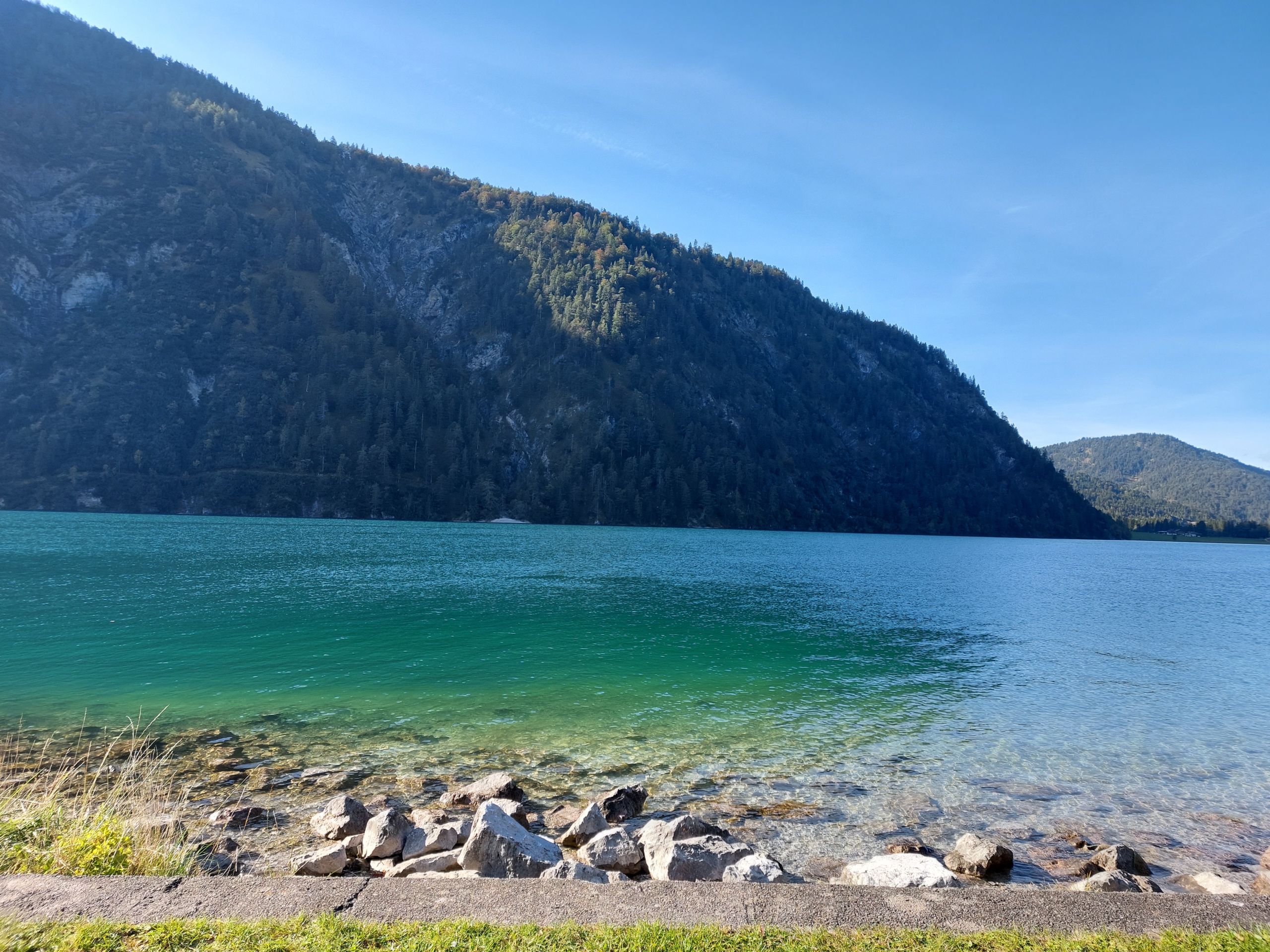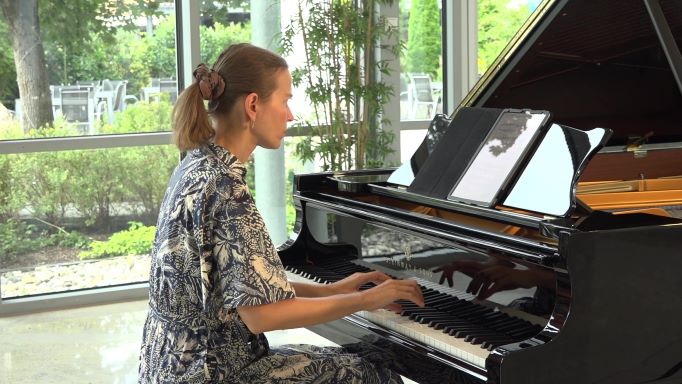About
Owen David was born and raised in the outer suburbs of West London, where the sprawl of the capital meets the countryside. His parents were both Welsh and the Welsh language was a familiar sound in the family home when he was growing up. Regular summer holidays in North Wales, reinforced a feeling of connection to a Celtic cultural identity.
After graduating from University, where he studied politics and history, Owen spent most of his working life in the area of environmental management. He is married with one daughter.
Owen’s earliest musical memories are of listening to and being captivated by Perry Como singing Catch a Falling Star on the radio at maybe age 3 . He was very attracted to the bright instrumental sound of the British band, The Shadows, as a young boy before The Beatles, bringing in their wake more sophisticated musical ideas and huge creative energy, came to dominate popular music. As a boy he joined the local Church Choir which brought him into contact with works by classical composers. Bach’s Jesu Joy of Man’s Desiring was a favourite from his time in the choir. He wrote his first song when we was 9. His father came from a musical family and would often listen to classical music on the radio. So classical music was always quite a strong presence in the home, although there was no piano in the household until he was aged 11. Owen’s first instrument was rythm guitar and as a result he always approached the keyboard from the perspective of chord structure rather than scales.
Owen has never had any formal musical training beyond the choir and school but has often dipped into musical theory and the history of music. For the last ten or so years he has been focussed on composing in the tradition of classical music and is now seeking to make his work more widely known.
He lives in Surrey near the River Thames, which has always been a big part of his life both in terms of everyday experience and as a source of inspiration for his music.
He strongly believes that reviving the classical tradition through new compositions that the public will engage with will help heal and restore our societies which have been so damaged culturally by the restrictions of the last couple of years.
More of Owen's work can be found at owendavidmusic.org including a number of compositions for string quartet recorded by Leos Strings.



